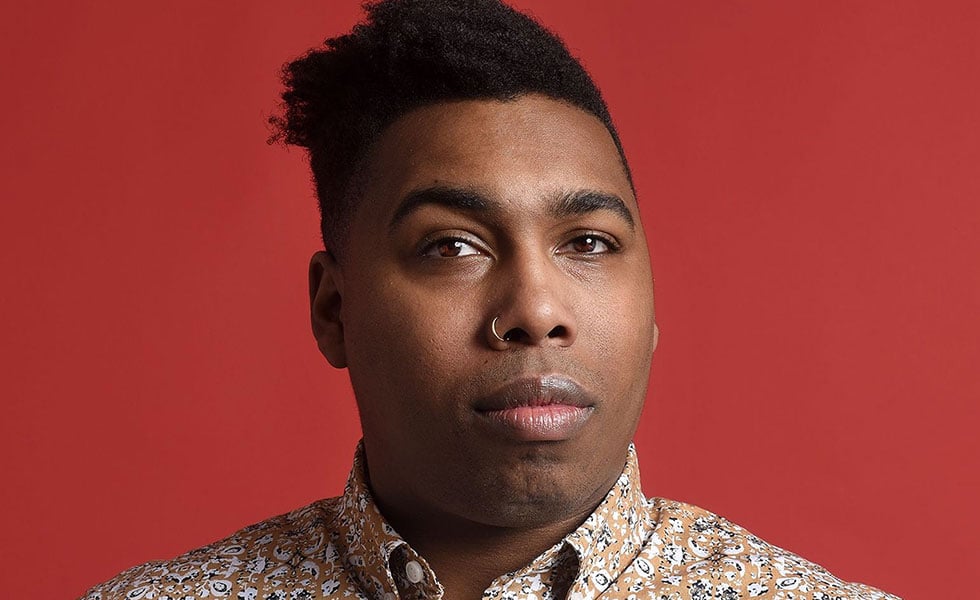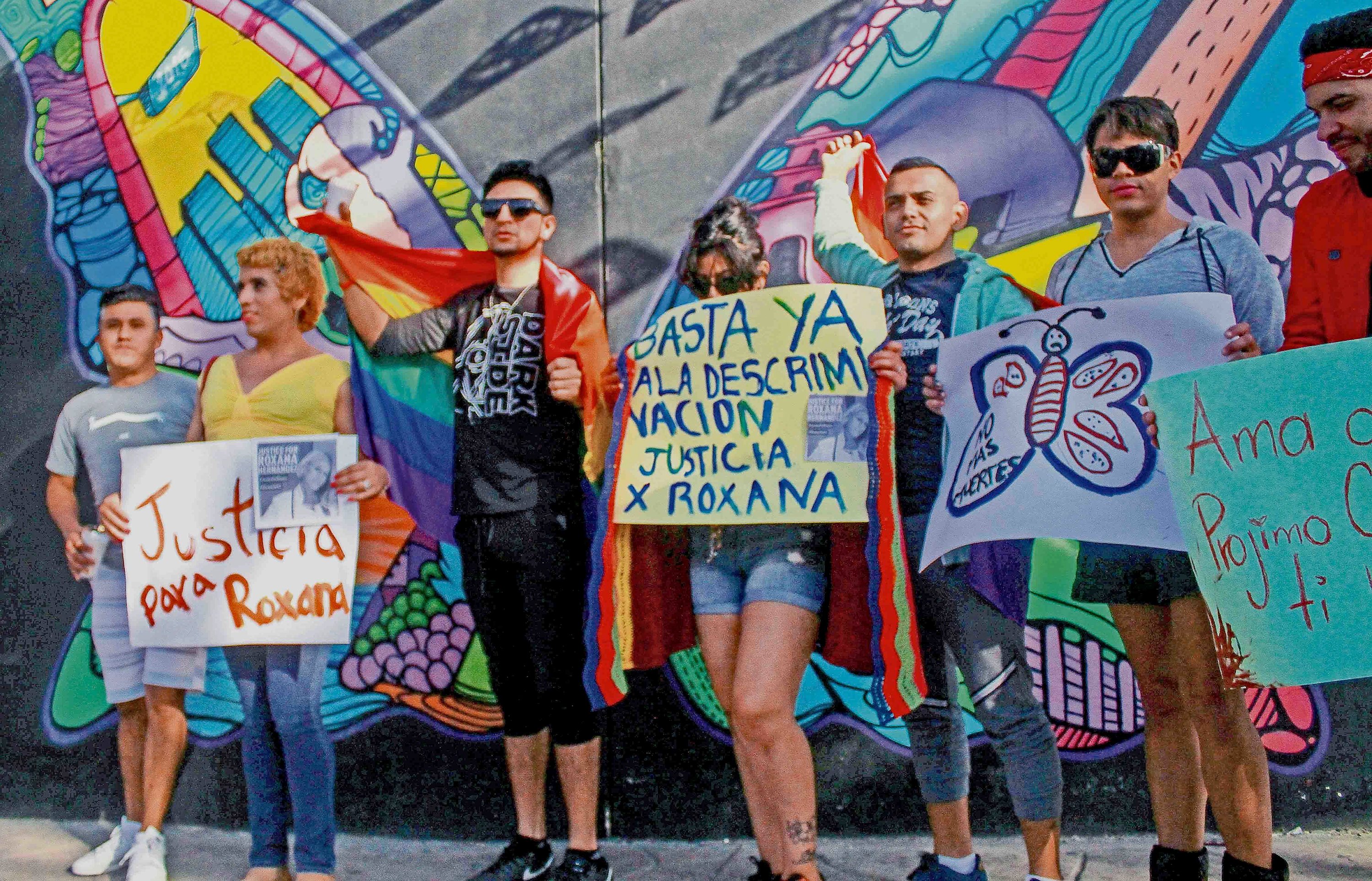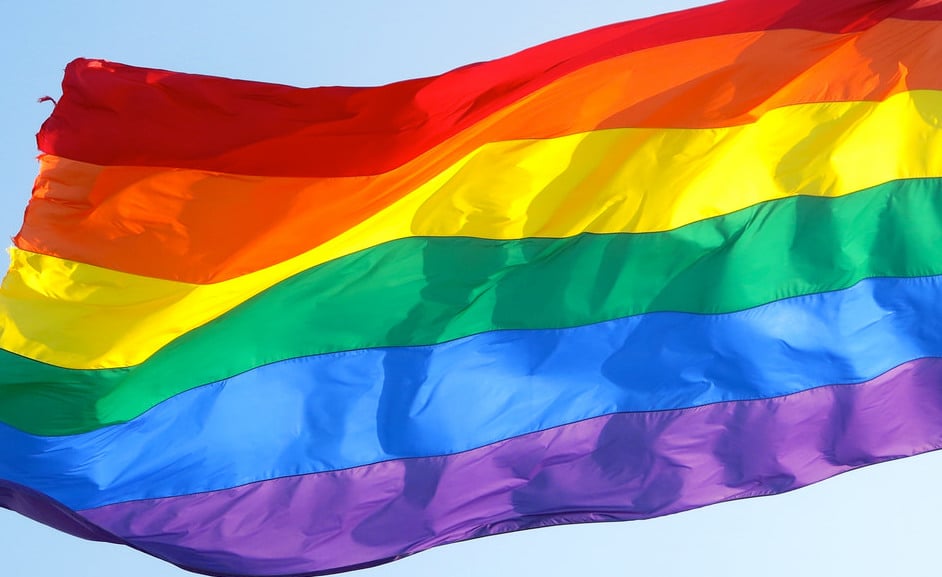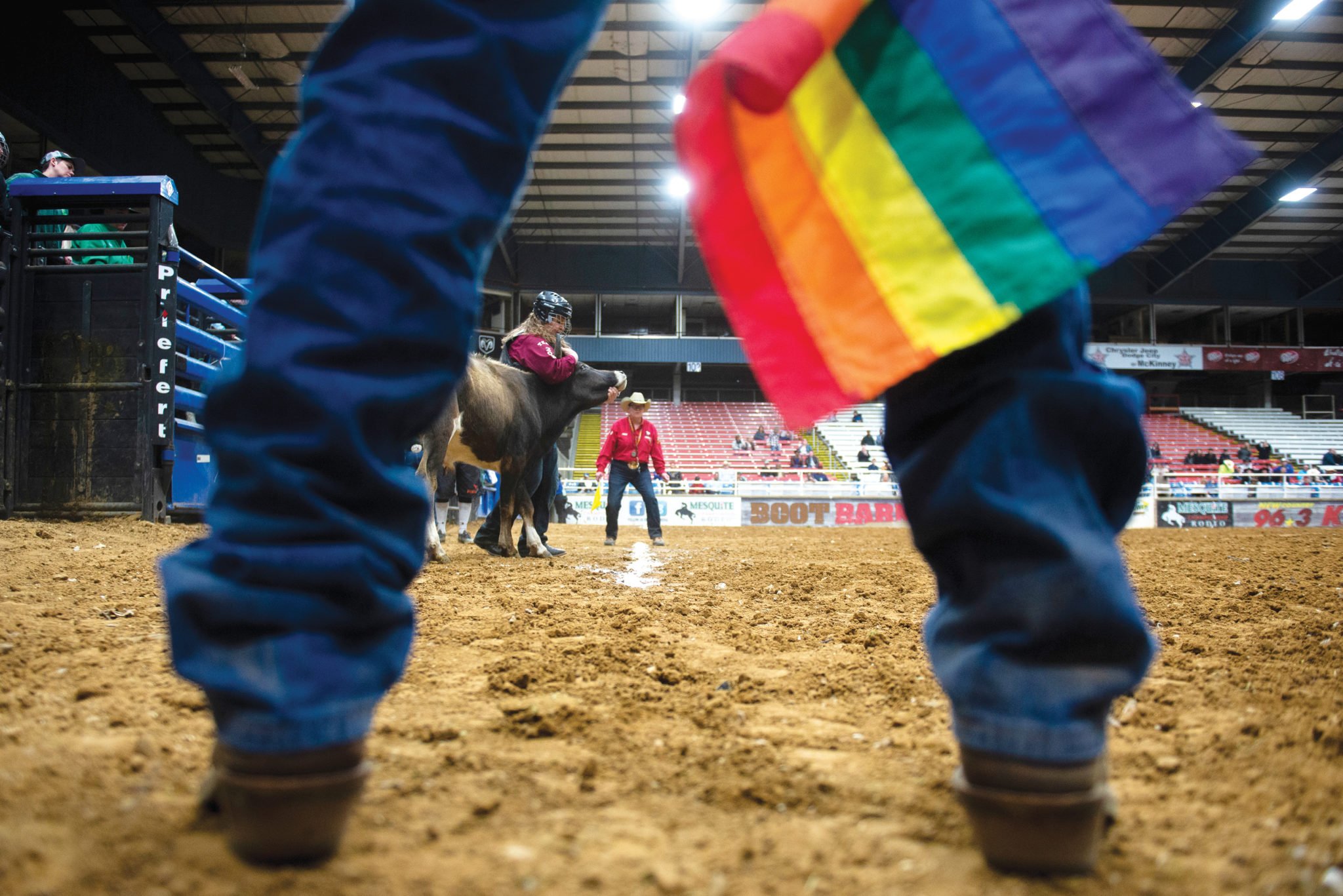
Rainbow Rodeo
The Texas Gay Rodeo Association has been busting stereotypes for more than three decades.
A version of this story ran in the June 2018 issue.
Rainbow Rodeo
The Texas Gay Rodeo Association has been busting stereotypes for more than three decades.
–
Photos by Brian Maschino
@BrianMaschino
June 11, 2018
When the Texas Gay Rodeo Association was founded in 1985, most of its members were still in the closet. Tim Smith, the organization’s president, says many competitors felt safer performing under aliases. “Used to be, they wouldn’t even allow us into venues, and we’d have to find a spot wherever we could,” Smith says. “But now convention centers have even started inviting us, because they see the business value.”
For three days in late April, more than 100 men and women from across Texas and at least nine other states gathered at Mesquite Arena in the Dallas suburb of Mesquite to compete in the association’s 33rd annual Texas Tradition Rodeo. They ranged in age from 18 to 72 and competed in 13 events, from bull riding and calf roping to goat dressing, in which athletes in drag must wrangle underwear onto a goat as quickly as possible. The weekend also included a royalty competition that culminated with the crowning of a drag queen and king. Top performers qualify to compete on the international circuit, made up of 24 state groups from across the United States and Canada. You don’t have to be gay to join, and Smith also stresses that rodeo is a family affair. “Anyone is welcome,” he says. “Men, women, fathers and sons and daughters will compete together.” The Texas Gay Rodeo Association has donated just short of $3 million to charity over its 33 years, primarily to nonprofits that support people with HIV/AIDS.
Smith, who is 61 and owns a flower shop in Garland, doesn’t hesitate when I ask how being a gay cowboy has changed over his lifetime. “Everything has changed,” he says with a laugh. “Now, nobody seems to care, and the youth especially are so accepting.” Still, far-right church groups occasionally show up at the rodeo’s events to picket with hateful signs, and for some members from deeply conservative rural communities, “they’re still discreet with their lives. [But] this is a family, a bond of understanding and a place where you can be yourself.” —Rose Cahalan
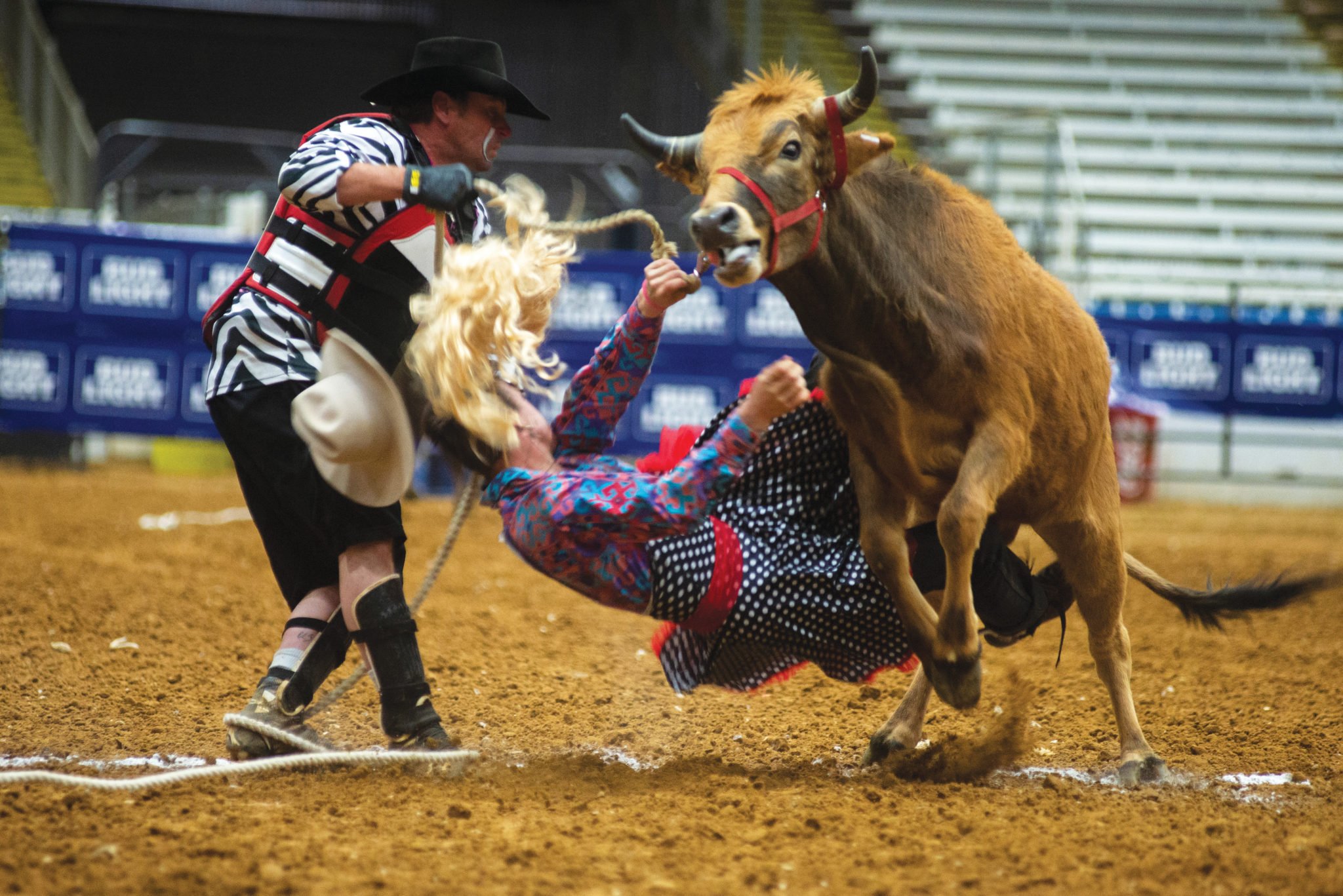
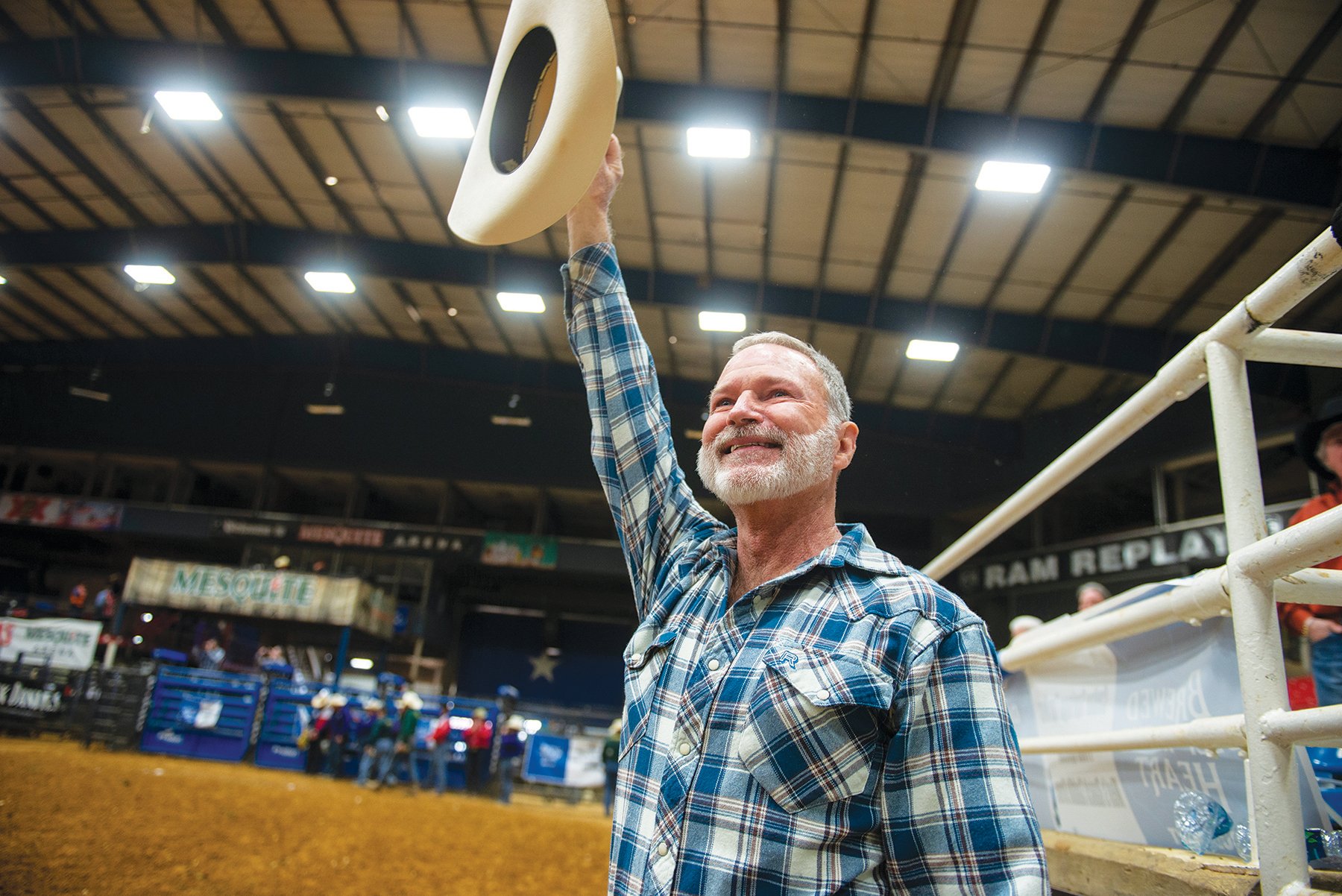
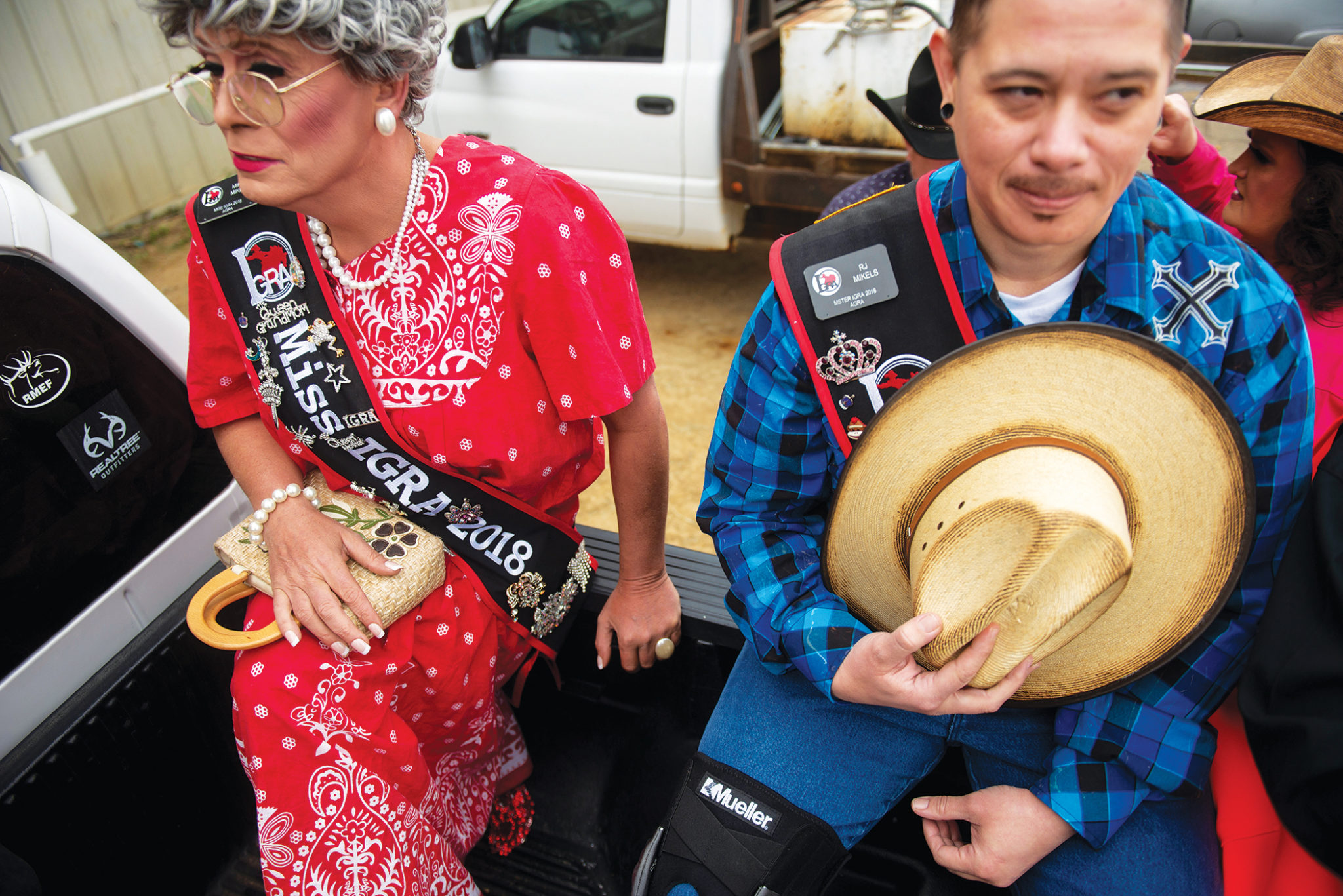
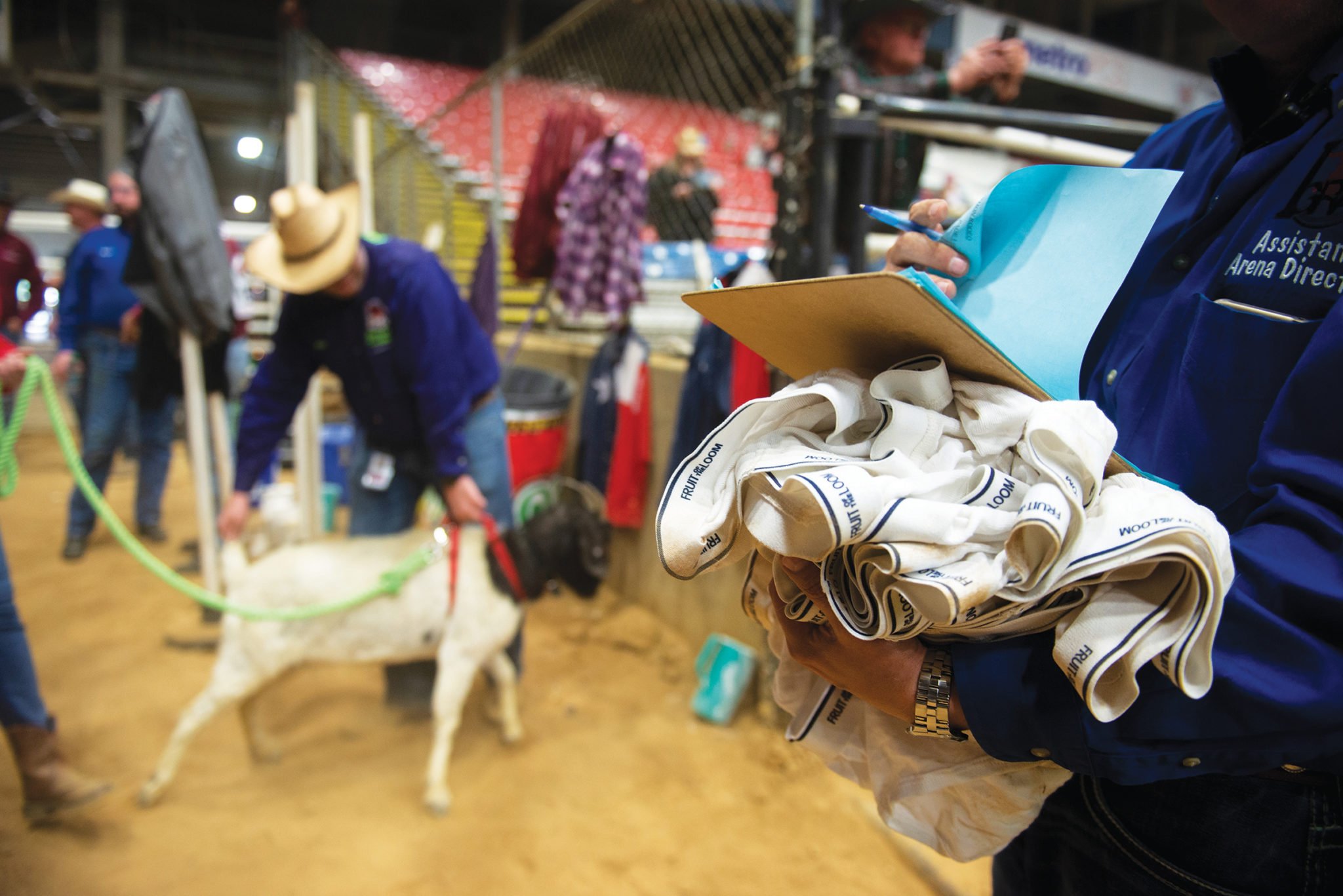
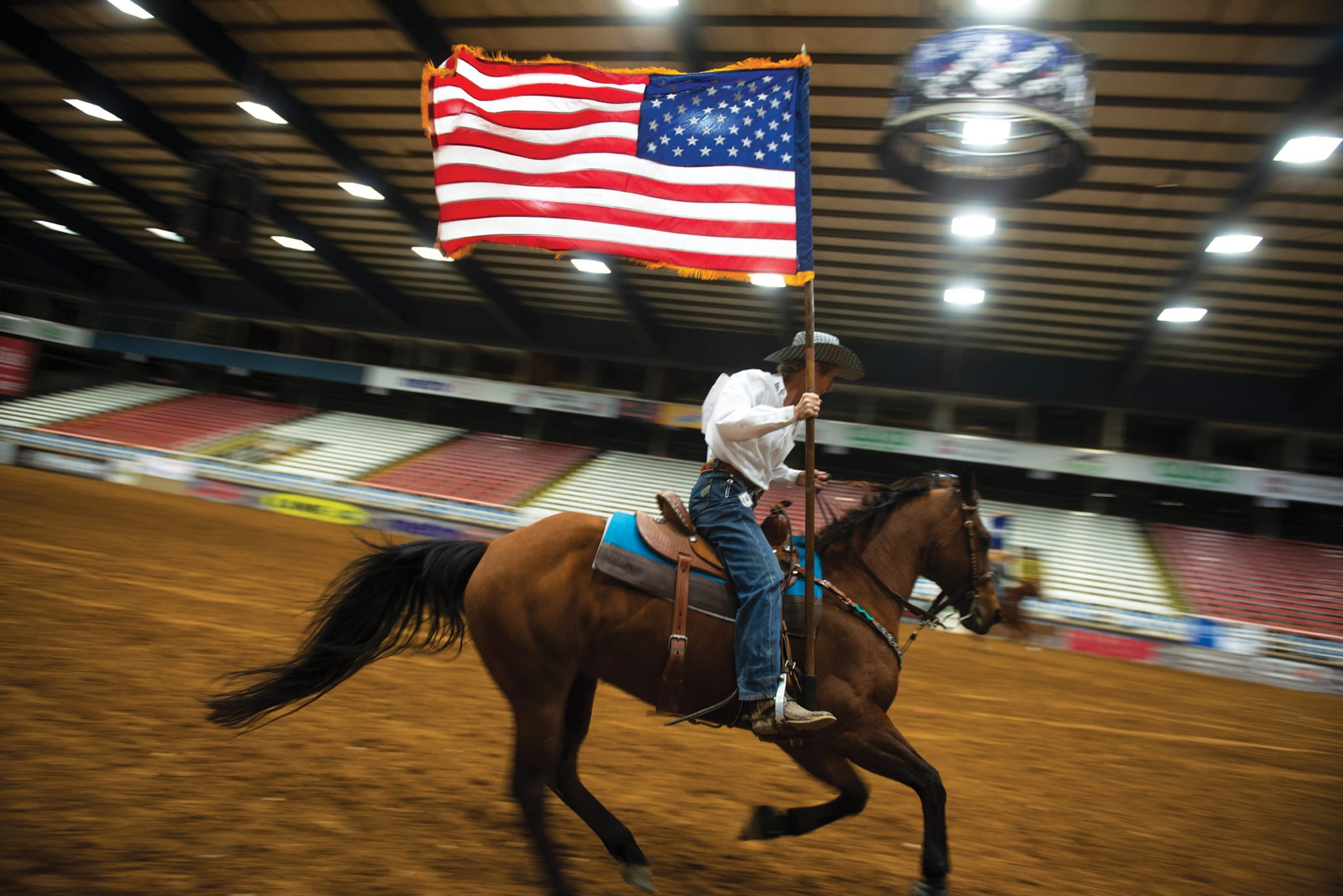
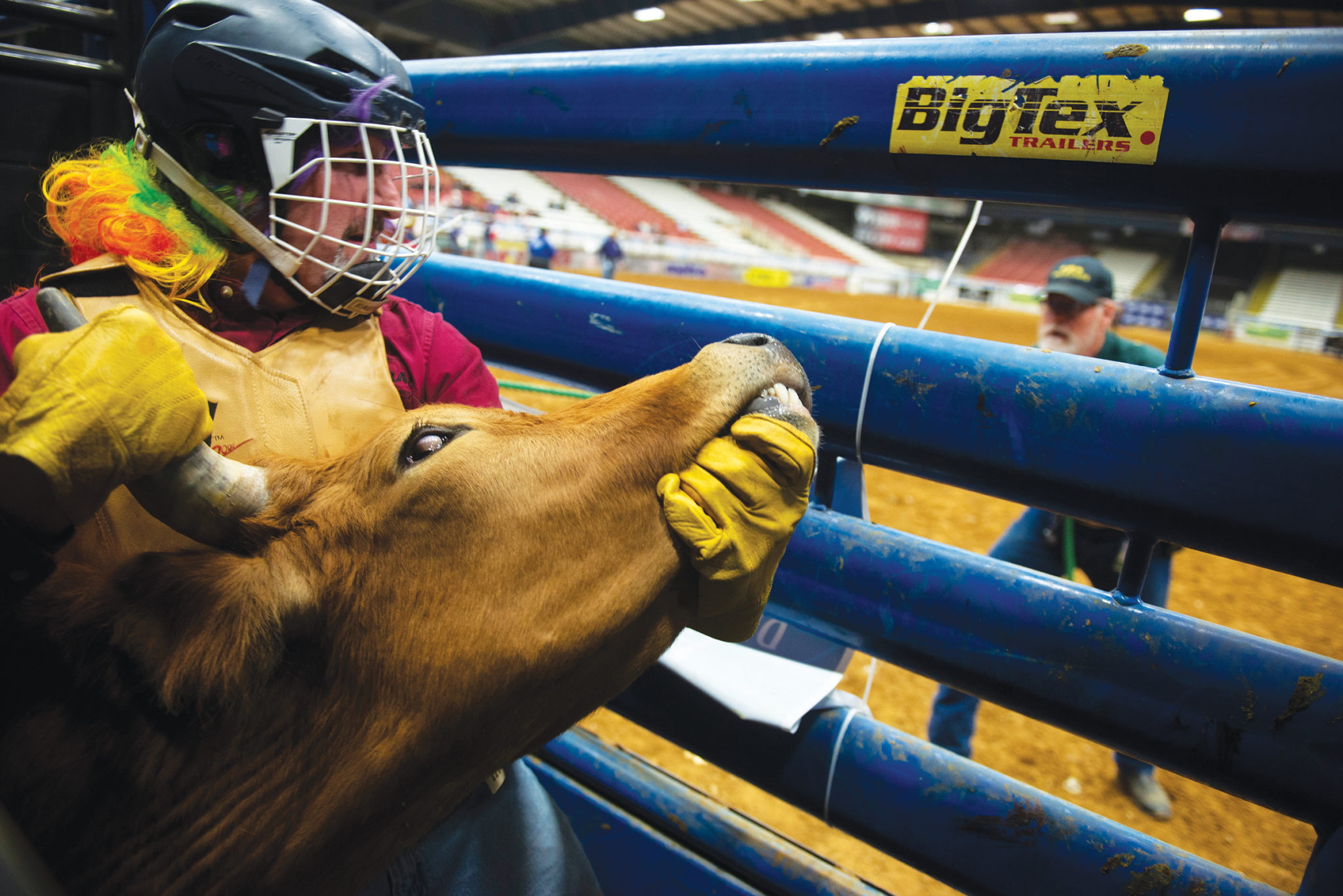
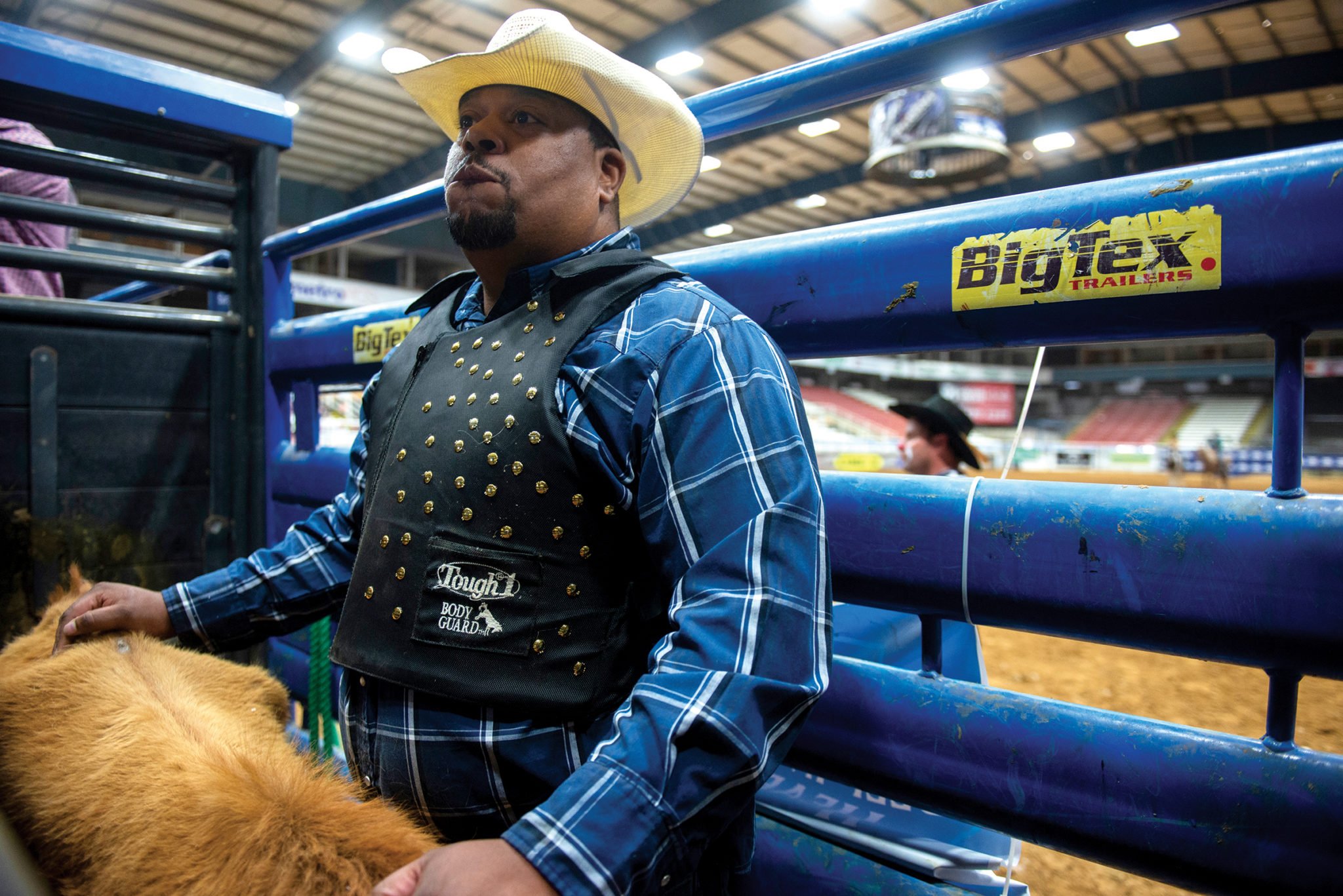
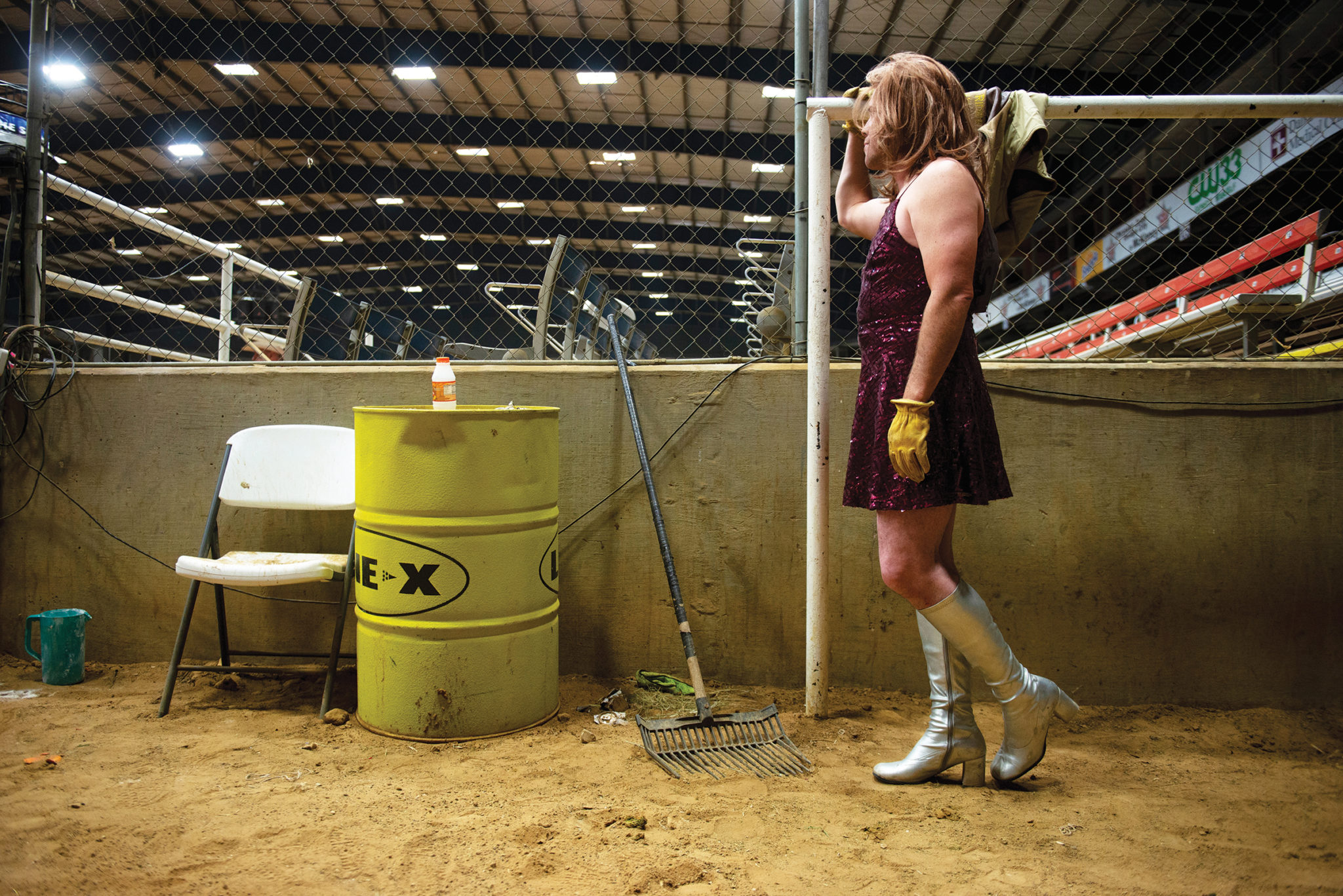
Top: Judges wait to wave down competitors bulldogging, or steer-wrestling, with rainbow pride flags.
